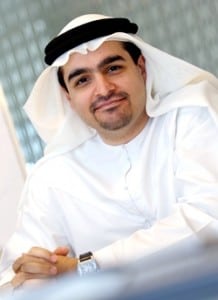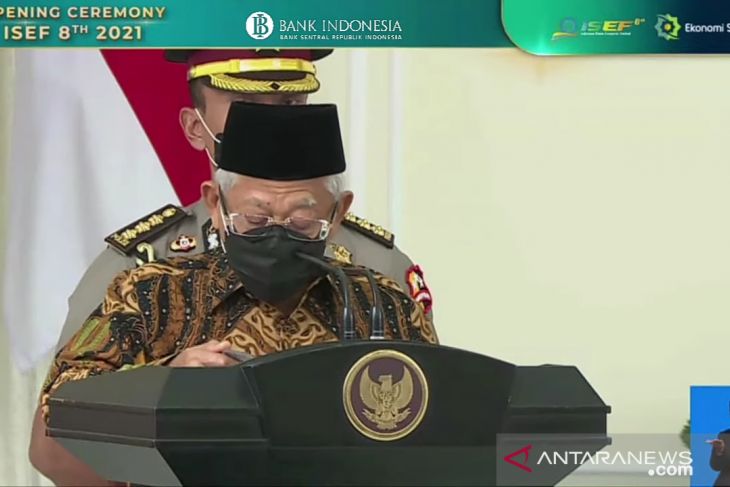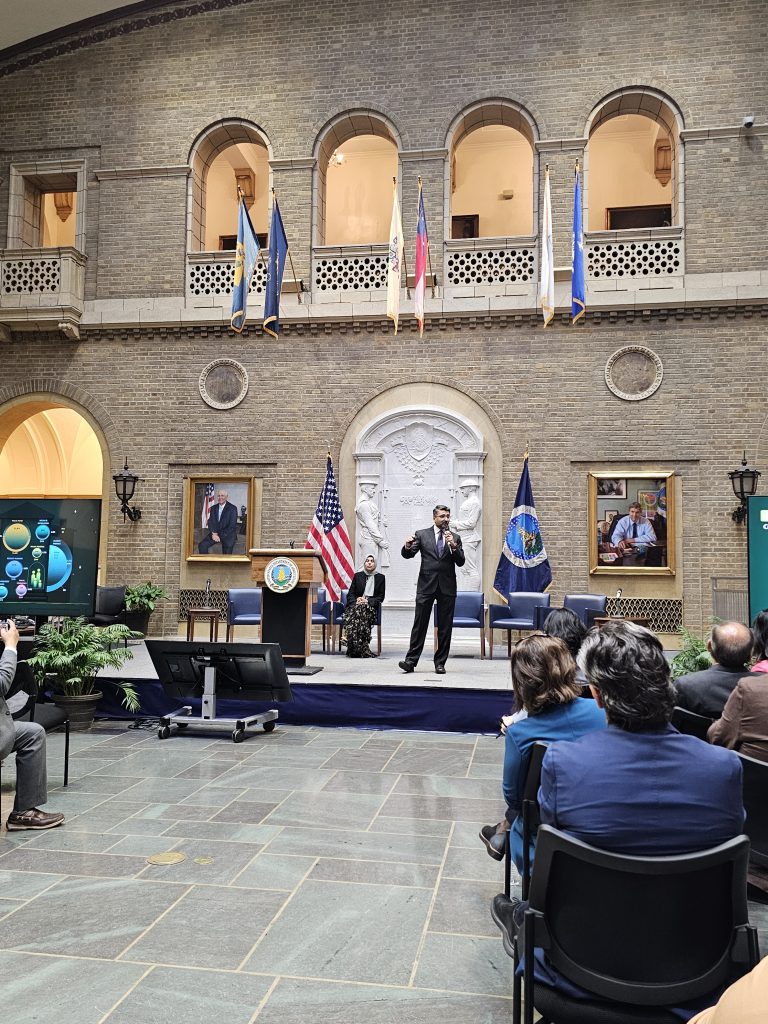huffingtonpost.com

For a long time, people considered the provision of services and production of commodities to be the ultimate mission of any economy. The view has started to change only after the renowned British economist John Maynard Keynes highlighted the role of consumption as the most vital component of an economic system and an incentive for production, manufacturing, transportation, supply and marketing. Keynes ascribed great value to the concepts of demand and supply, especially after the Great Depression that preceded World War 2.
The period bears strong resemblance to the state of the global economy today, although set against a different historical background. Encompassing nutrition, fashion, education, healthcare and entertainment, lifestyle is one of the key drivers of demand and growth in the market. If a certain lifestyle unites a large proportion of people, as is the case with Islamic lifestyle, this promises significant opportunities. However, the key to leveraging these opportunities lies in achieving a balance between supply and demand. In other words, we need to find ways to enhance the purchasing power of the target customers to increase supply in line with the current state of the markets.
The number of Muslims in 2016 reached about 1.62 billion, amounting to more than 23 per cent of the world’s population. With Muslims spread across all continents, it is not necessary to ship products to Islamic countries. This makes investing in Islamic lifestyle lucrative regardless of where the investors are based. Furthermore, the majority of Muslims adhere to a virtuous lifestyle, consciously opting for certain types of food, clothing, entertainment, education, healthcare and banking services. This results in consistent consumption that is not subject to seasonal changes.
If we examine the nature of markets influenced by certain groups of people, we will find that the Islamic market consistently drives the demand for similar products, no matter where and when. A recent study published by the International Islamic News Agency (IINA) predicted that the size of the consumer market for sharia-compliant products and services will rise from US$2 trillion to US$6 trillion in 2020 and US$10 trillion in 2030.
The middle class in Muslim societies has witnessed steady growth, especially in countries with a growing public sector and SME segment, as well as in countries where the financial flows of expatriates represent a vital contribution to the national economy. The rise of the Muslim middle class brings about investment opportunities in specific market segments – such as banking, fashion, cosmetics, healthcare, entertainment and higher education – that fall within the luxury category in emerging markets.
As for halal food – the basis of production and consumption according to many studies – it is no longer the sole domain of Muslims. The demand for wholesome food at reasonable prices is universal. In 2015, the global organic food market reached US$81.6 billion, with organic agricultural land spanning more than 43 million hectares worldwide. In terms of financial and banking services, which are among the most important aspects of Islamic lifestyle, a recent report by the International Finance Corporation (IFC) provides a clear insight into the wealth of opportunities in this field, especially in takaful.
According to the report, 90 per cent of the residents of member countries of the Organization of Islamic Cooperation (OIC) avoid any financial transactions that involve riba – unjustified increment in borrowing or lending money according to sharia. This explains why only 25 per cent of adults in these countries bank with conventional financial institutions.
Today, non-Islamic cultures show increasing concern about environmental sustainability and security of resources as well as safety and fairness of the production process. There is a growing tendency towards consuming goods from sources that take these aspects into account. These principles are at the core of Islamic economy’s culture. Muslim consumers are committed to abiding by sharia rules that not only require products to be free of prohibited substances, but also subject the whole production chain to rigorous standards. Halal food must be free of harmful additives, and its production must prevent undue suffering of animals before and during slaughter. Feeding animals harmful substances or growth-enhancing hormones must also be avoided. These rules are part of a cultural consensus between different religions and races around the world.
In Islamic economy, the rules that define consumption are no less important than the rules of production. For example, consumption of such products by sources that do not respect safety, health and sustainability of the environment is not permitted. Neither is consumption from sources that disregard the social impact of their activities, treat the workforce unfairly, and lack respect for legal and civil rights.
Understanding the consumer’s mindset and faith are important prerequisites for successful investments in a world where the communication revolution has empowered all segments of the population with insight into the latest developments on the global economic landscape. The decline in oil prices has brought about a fundamental shift in the economies of various oil producing countries around the globe, leading to a greater focus on the development of non-oil sectors. This trend has given the halal industry a new lease of life as a growth engine of the future. However, potential investors in Islamic lifestyle sector must consider a few key issues.
First, the world suffers from an imbalance between production and consumption. Amidst the prevailing market stagnation, investing in basic human needs will stimulate the production cycle, leading to job creation and reducing unemployment.
Second, stimulating the production of goods that meet people’s needs also requires investing in infrastructure, education, healthcare and scientific research that can help develop solutions to production challenges, especially with regard to quality and cost.
Finally, investing in lifestyle builds cultural and economic bridges between people and enhances the understanding of the consumption culture specific to each market, its key drivers, and ideological and moral constraints. It is precisely this goal that we must focus on to restore trust between people, economic institutions and companies, as well as promote consumer-centric competition.



